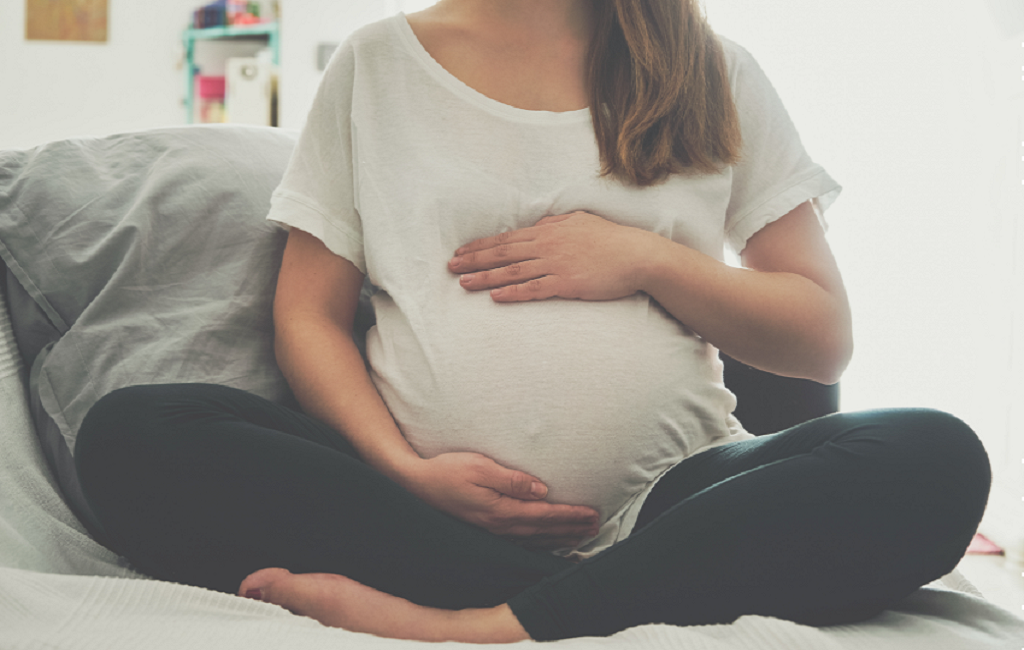Pregnancy is a delightful experience for women, and it is a wonderful time to focus on their health to support the health of the baby they carry. It is when women become more conscious about what they eat and drink as it impacts the health and well-being of the baby. Any wrongdoing on the part of the mother in food intake or negligence in taking care of their health can affect the baby’s health and put it at various risks. But still, some women are unable to resist the temptation of drugs and alcohol during pregnancy.
Very high risks
The risks are too high for pregnant women who are drug or alcohol addicts because it harms the mother and the unborn baby. NIDA (National Institute on Drug Abuse) cautions women about drug abuse during pregnancy. It can result in stillbirth and miscarriage, premature birth, congenital disabilities, low birth weights, infant withdrawal symptom, and SIDS or sudden infant death syndrome. Moreover, mothers who dare to abuse substances during pregnancy expose their child to many other risks like developing heart defects arising from alcohol abuse. The chances of the infection to the baby with HIV and hepatitis C are relatively high due to the sharing of needles used for taking drugs. The child may suffer from Fetal Alcohol Spectrum Disorders (FASD), which leads to cognitive disorders that can last for life.
Treatment programs
Although there are numerous drug rehab programs for the entire population cutting across genders, you may have a hard time to locate rehab centers that cater to pregnant women. According to a 2010 publication of ACOG or American College of Obstetricians and Gynecologists, only 19 states have programs for addiction treatment for pregnant women. However, women might hesitate to seek care, fearing loss of the child, and legal troubles. The criminal justice system often mandates substance abuse treatment services when it is aware that women are abusing drugs during pregnancy.
Working compassionately with pregnant women by understanding their plights is the hallmark of the treatment offered at any inpatient drug rehab in Ohio. Only addiction treatment facilities specialized in treating pregnant women can cater to their unique needs.
Safe Medical Detox
The biggest problem of drug and alcohol addiction is the dependence developed on the substances that impede the attempts to get rid of it. It can become life-threatening to stop the substances suddenly, as it can trigger severe withdrawal symptoms. Opioid dependence can increase the baby’s risk leading to fetal distress, preterm labor, and can even result in fetal death on stopping the drugs suddenly. Pregnant women battling addiction should never stop the drugs or take alcohol suddenly except under medical advice. Medical detox ensures the mother and child’s safety while working to stop the intake of harmful substances in a calibrated manner.
Withdrawal symptoms timelines and medications
The metabolism and body chemistry of pregnant women alter considerably and impact the time it takes to complete the withdrawal process. It also depends on the type of drug, how long the person has been using it, and other biological, genetic, and environmental factors. Alcohol withdrawal symptoms might take 6-60 hours, Barbiturates may take 4-10 days, Opioids take 12-72 hours, and Benzodiazepines could take between 1 and 12 days.
No FDA approved medications are available for the detoxification treatment of pregnant women addicted to drugs and alcohol, but some low-risk replacement medicines are often beneficial. For the treatment of withdrawal symptoms of alcohol, short-acting Benzodiazepines are prevalent, which are tapered off slowly to restrict the withdrawal symptoms. The entire process takes place under the supervision of medical professionals.
Residential treatment plan
The detoxification program is a prelude to the rehab program as it cleanses the body of toxins and prepares the body for the actual treatment. Residential rehab programs for pregnant women would require them to stay in a specialized facility that offers round the clock care and supervision, ensuring an optimal level of care for pregnant women. These facilities may extend the scope of care and treatment to include services for women post-childbirth, including childcare and housing options.
Outpatient rehab program
Women with other children might find outpatient rehab programs more suitable as it is difficult for them to stay away from family as they have to look after the other children. Outpatient treatment mainly consists of women attending meetings and sessions during the day or in the evenings and then go back home. For the right outcome in such programs, the family support must be conducive and strong enough to help women achieve their goals of getting rid of drugs or alcohol.
Medical treatment and care are part of the rehab programs in many places. Women can receive pre-natal checkups and obstetric care, and any other medical treatment is deemed necessary for a healthy pregnancy.



